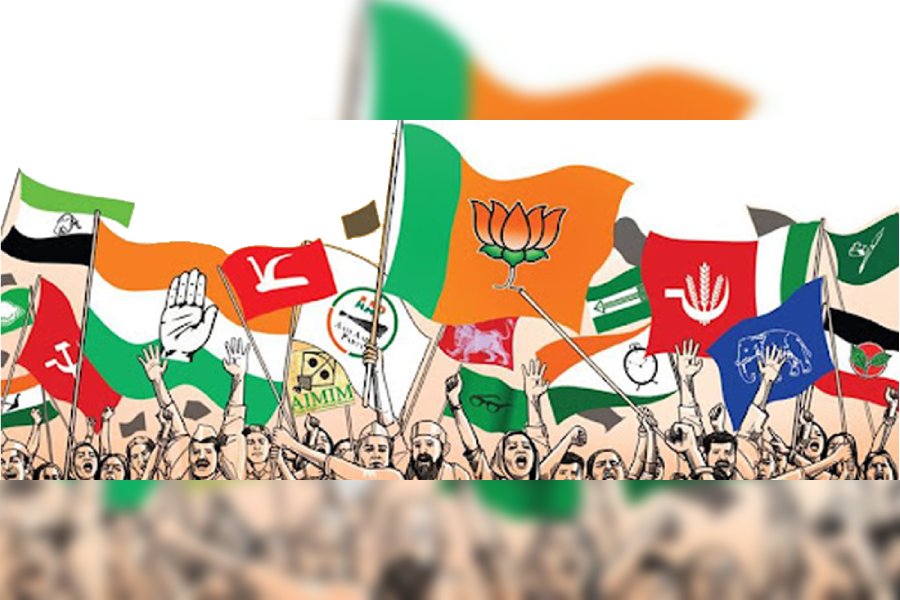The constituents of INDIA, the alliance stitched together by the Opposition parties, are usually dismissed by the leaders of the Bharatiya Janata Party as strange bedfellows and, hence, opportunists. This is because several members of the INDIA coalition harbour political differences with each other at the regional level. But it seems that the BJP is not averse to embracing regional competitors when the need arises. Consider the recent passage of the government of national capital territory of Delhi (amendment) bill. It sailed through with the YSR Congress Party and the Telugu Desam Party — two rivals forever at each other’s throats in Andhra Pradesh — deciding to extend their support to the Narendra Modi government. Little wonder then that the Opposition has warned of similar anti-federal knocks on the door in the future. Several constituents of INDIA — the Aam Aadmi Party and the Janata Dal (Secular) in particular — have had their fingers burnt after cosying up to the BJP. The AAP, which is the principal victim of the Delhi services bill, has often been accused of being the BJP’s ‘B team’ given its propensity to divide votes in two-way electoral contests featuring the BJP and the Congress. The JD(U), having run Bihar with the BJP as its ally, found its wings clipped significantly, prompting its return to the Grand Alliance.
The politics that accompanied the passage of the bill is instructive: it may have revealed the broad contours of the battle for the next Lok Sabha elections. But the passing of the GNCTD (amendment) bill also has bearings on the realm of principles. It must be mentioned that the bill, which is now awaiting presidential assent, overrides the Supreme Court’s verdict that had prioritised the elected state government of Delhi over the lieutenant-governor. Notably, there were fierce debates on federalism during the deliberations on the bill. Astonishingly, a former Chief Justice of India even questioned the principle of the basic structure of the Constitution. This could be significant. After all, the vice-president and a former Union law minister, holders of constitutional offices, have also spoken up against this provision. Is this suggestive of a new thrust against the Constitution itself?











